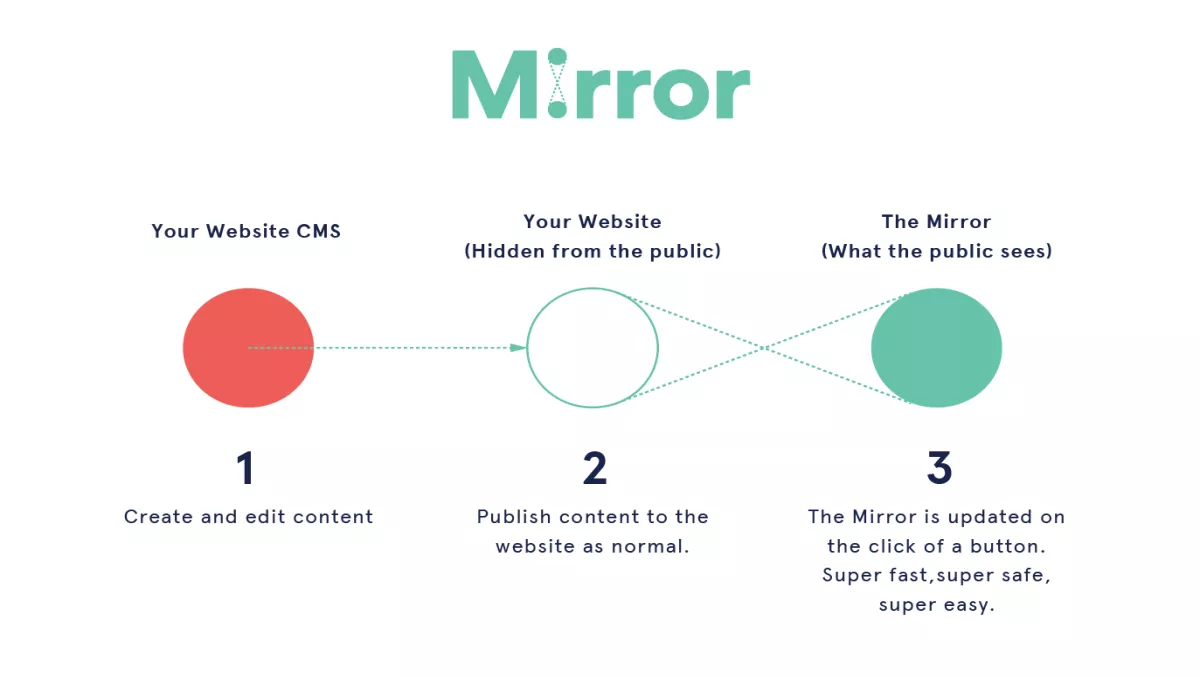
Kiwi startup targets shaky website performance with CMS mirroring service
Fed up with unstable content management systems (CMS) buckling under the demands of modern websites, a Kiwi agency has developed a solution to the problem.
Named Mirror, the resulting software provides a layer of support for all popularly used CMS platforms, including Wordpress, Joomla and Umbraco.
According to Mirror director Dane Tatana, the increased dependence of businesses of all kinds on websites – and the typical expansion of a website over years of use –brought the problem to the fore.
"Website CMS' aren't designed to be repositories of large amounts of information, pictures, and other assets," says Tatana.
"As a result, many companies are experiencing instability, with websites crashing because the CMS is overwhelmed.
A CMS supports the creation and modification of digital content and include features for collaborative working, and functionality such as Web-based publishing, format management, history editing and version control, indexing, search, and retrieval.
Web content includes text and embedded graphics, photos, video, audio, maps, and more.
Tatana points out that regardless of what causes a website crash, the consequences for businesses can be unpleasant.
"That ranges from lost sales for eCommerce sites, to tarnished reputations – most people today are aware that being online implies being always on – so if the site is down, it just isn't good enough.
For companies that have large websites, which are integral to business operations, he says downtime is 'incredibly painful'.
Mirror is a unique solution that creates a parallel storage structure, which as the name implies, mirrors the live CMS.
If the CMS encounters any issues, the system falls over to Mirror, with no interruption to service.
"To date, the only other solutions available to prop up straining CMS' are cache-based.
"With Mirror, full control is returned to the website administrator and reliability is driven up to match that provided by the website host," says Tatana.
"It eliminates the CMS as a cause for downtime."
With the prototype developed through 2016, a working version was released early this year.
After successful implementation, Les Mills International saw its page load time (the speed of page delivery to browsers) go from 5.92 to 2.9 seconds, while uptime has increased to 100%.


